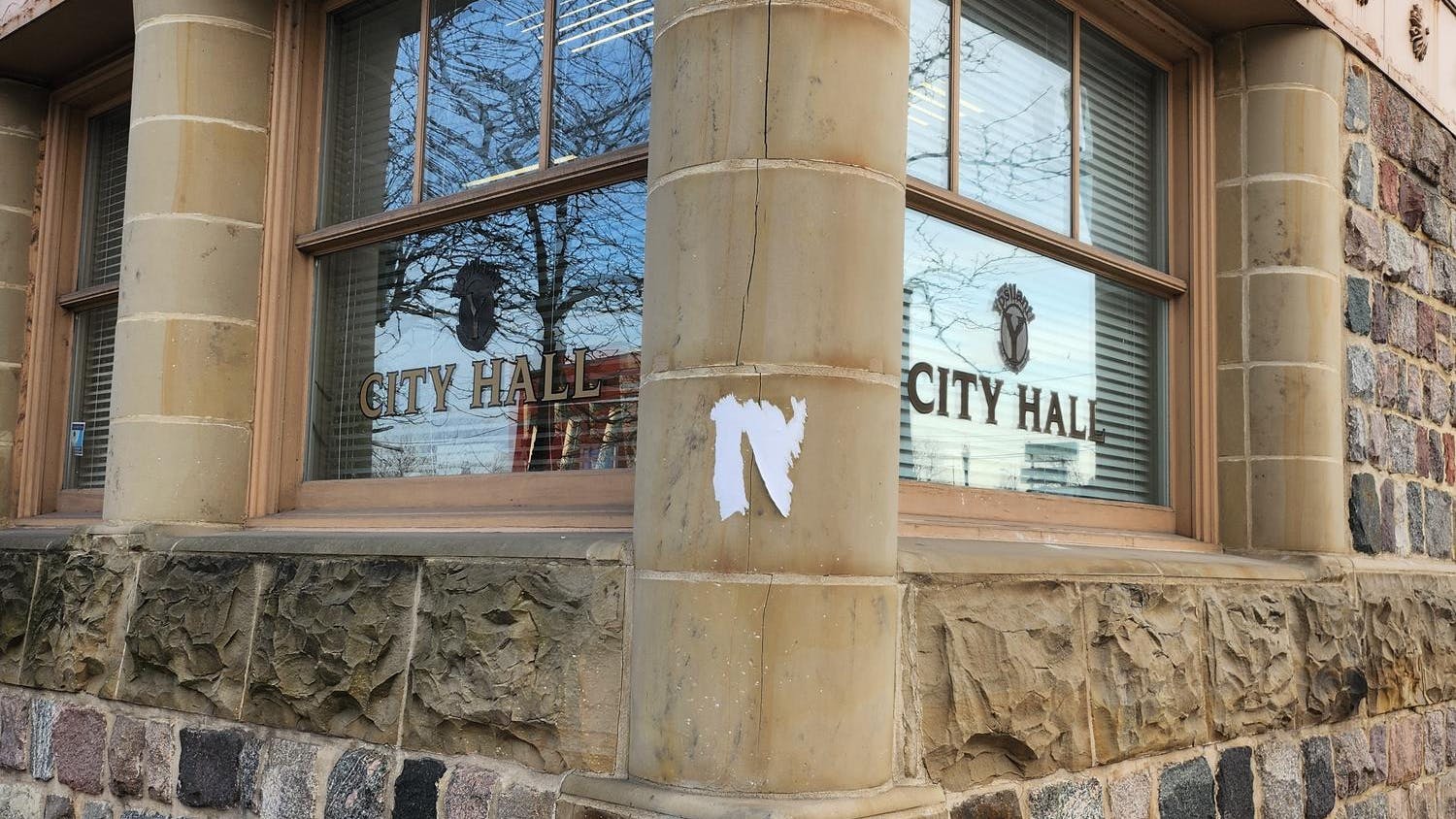President Obama is no Franklin Delano Roosevelt. I thought it was appropriate to make this distinction on President’s Day. It was on the cover of Time magazine where I first saw the absurd comparison of the 44th president to the 32nd.
The cover showed Obama taking the same pose Roosevelt did while driving his old car, wearing a grey hat and suit with a long cigarette sticking out of his mouth. If only Obama had the courage Roosevelt did to stand against industry and big business.
“We had to struggle with the old enemies of peace—business and financial monopoly, speculation, reckless banking, class antagonism, sectionalism, war profiteering,” said Roosevelt during a campaign speech in 1936 in Madison Square Garden.
“Never before in all our history have these forces been so united against one candidate as they stand today,” Roosevelt continued. “They are unanimous in their hate for me—and I welcome their hatred.”
Everyone’s heard those last few words, “I welcome their hatred;” I could scarcely imagine Obama uttering similar words. After watching Obama speak to the Chamber of Commerce two weeks ago, clearly Obama is no Roosevelt.
“Now, on some issues, like the Recovery Act, we’ve found common cause,” Obama said during his speech. “On other issues, we’ve had some pretty strong disagreements. But I’m here today because I’m convinced we can and must work together.”
President Obama wants to work together with the Chamber of Commerce? The Chamber of Commerce spent millions of dollars to support Republicans and defeat Democratic candidates in the 2010 election cycle.
The business lobby also colluded with insurance and pharmaceutical companies to launch an offensive against Obama’s biggest domestic achievement – health care reform – and he wants to work with it?
“And we’ll knock down barriers that make it harder for you to compete, from the tax code to the regulatory system,” added Obama in another overture to the business community.
Sadly, since 2012 is on the horizon, Obama will continue to make these kinds of overtures for one reason – campaign contributions.
For all of the Obama administration’s claims that a majority of the funds from the President’s first campaign came from small donors, a majority of the money actually came from PACs, supported by large companies. In fact, the top donor to the Obama campaign was none other than Goldman Sachs, according to the Sunlight Foundation.
In the midst of the stock market crash of 1929, Roosevelt nominated Joseph P. Kennedy to be Chairman of the Securities and Exchange Commission. Kennedy’s nomination raised some questions, given the businessman’s somewhat-shady past.
And when Roosevelt was asked why he had tapped such a crook? “Takes one to catch one,” replied Roosevelt. Apparently when Obama nominated figures such as Timothy Geithner to be treasury secretary and Larry Summers to be director of the National Economic Council, it was to aid and abet the criminals.
Before being nominated, Geithner served as President of the Federal Reserve Bank of New York. The particular branch of the Fed Geithner led oversaw much of the activity on Wall Street before the financial crash.
Ridiculously, not only has Geithner stated he wasn’t aware the bankers were committing various frauds, schemes and misuses of funds, all that given the wide scope the Fed has over the banking industry, he says there was nothing he could have done to stop it.
And during the debate over the Dodd-Frank law, which sought to right the wrongs of the financial collapse, Geithner preceded to aid and abet the thieves on Wall Street when he pushed to weaken the proposal pushed forth by former Chairman of the Federal Reserve, Paul Volcker.
Dubbed the Volcker rule, the proposal would have restricted the ability of banks whose deposits are federally insured from engaging in the derivatives trading that exacerbated the disaster. Instead, a weaker proposal was entered into law that allows banks to continue with business as usual.
In his latest show to the business community he would promote its interest, Obama chose Jeffrey Immelt, the chief executive of General Electric, to replace Paul Volcker as one of his chief economic advisors. Immelt will be the second business leader Obama has brought into the fold of his new administration.
Obama named William Daley, the former commerce secretary, chief of staff on Jan. 6, 2011. Before being appointed, Daley worked as a top executive at JPMorgan Chase, as well as serving on the board of directors of Boeing and lobbying for pharmaceutical company Abbott Laboratories.
Obama spoke on the campaign trail about government escaping the influence of special interest but did little to ignore that influence when it came knocking on the White House door.
The president has consistently yelled “I welcome your campaign donations,” rather than “I welcome your hatred,” and that is what a president should be welcoming, hatred from Wall Street for taking progressive action after the largest financial crisis in recent history.
Instead, Obama has simply been labeled as “anti-business” by a few incensed corporate executives, when really he has done nothing but cater to their interest, take their money and appoint them into his administration.
There is a reason Roosevelt was elected to serve four terms and political insiders worry Obama will not be able to make it past one. As long as he continues to kowtow to business I have no hope, and there will certainly be no change.









